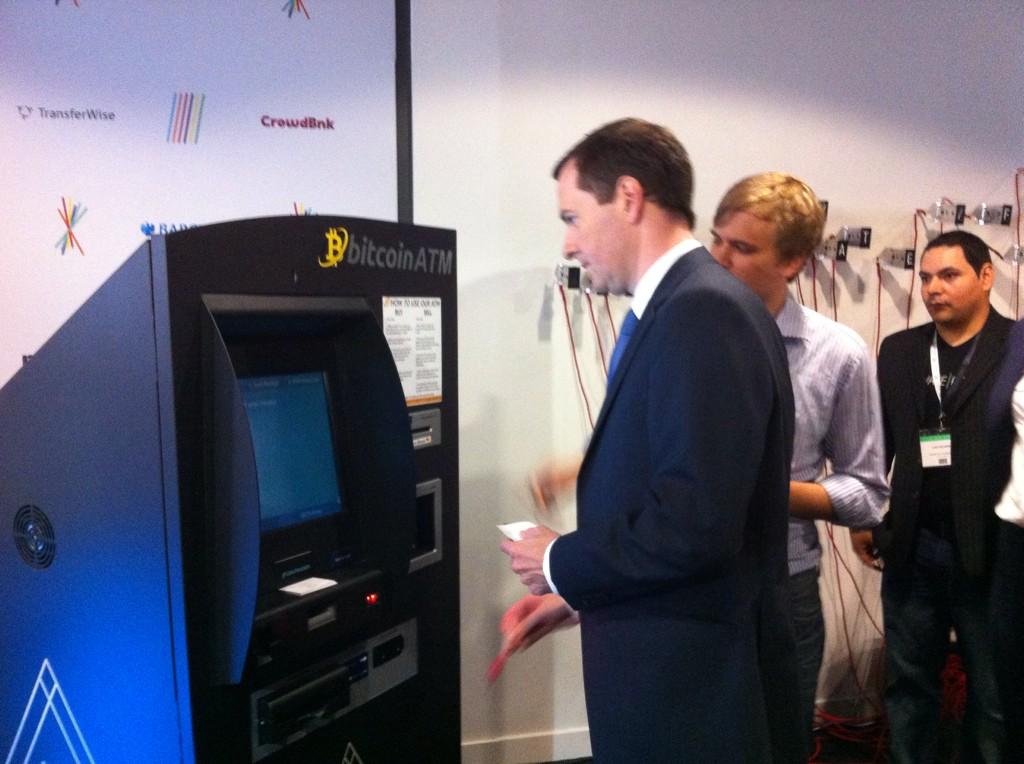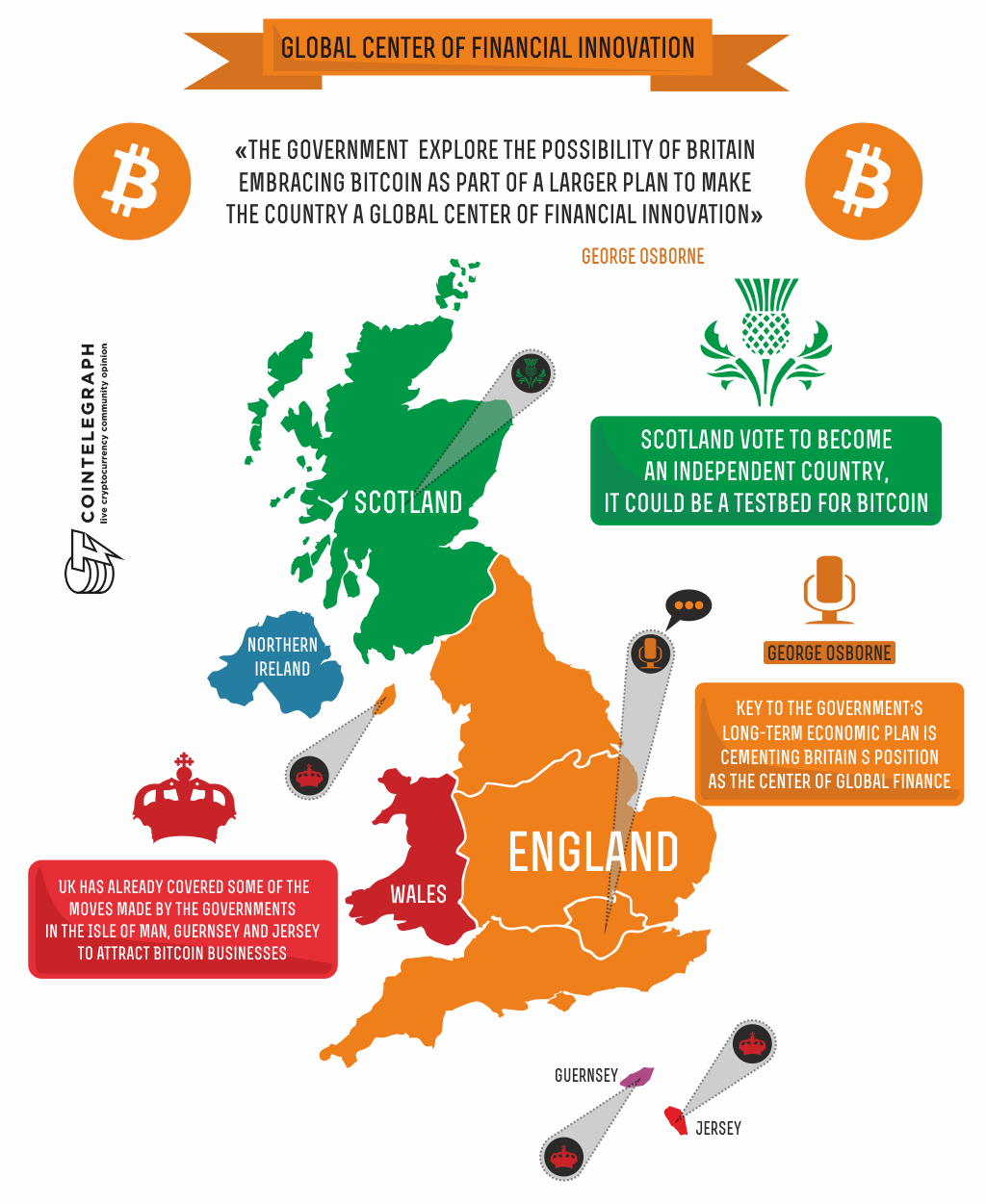Chancellor of the Treasury George Osborne said on Wednesday that he had instructed the government to explore the possibility of Britain embracing Bitcoin as part of a larger plan to make the country a “global center of financial innovation,” as he was quoted by the BBC.

- Chancellor Osborne makes a withdrawal from a Bitcoin ATM via Twitter
Treasury official are scheduled to have prepared a report examining the potential role of cryptocurrencies in Britain’s financial sector sometime in the fall.
The Guardian quoted Osborne as saying:
“It’s only by harnessing innovations in finance, alongside our existing world class knowledge and skills in financial services that we’ll ensure Britain’s financial sector continues to meet the diverse needs of businesses and consumers, here and around the globe, and create the jobs and growth we all want to see in the future. Key to the government’s long-term economic plan is cementing Britain’s position as the center of global finance.”
In other words, British officials would like to find out whether they could develop a regulatory framework to include cryptocurrencies as part of the country’s strategy to push innovation in the financial sector.
Osborne’s comments came during a speech in London to mark the launch of Innovate Finance, a joint effort between the City of London Corporation and the Canary Wharf Group.
This marks the first commentary on cryptocurrencies by the British government outside of tax guidance instructing vendors who deal in cryptocurrencies to pay VAT, and traders and investors to pay capital gains taxes on profits.
CoinDesk also reported that Osborne used a Robocoin ATM to buy some bitcoins.
Exciting Summer for Cryptocurrencies in the UK
Despite a mum response until today from the government in London, cryptocurrencies have been driving innovation throughout the UK and among some of its Crown Dependencies:
We have already covered some of the moves made by the governments in the Isle of Man, Guernsey and Jersey to attract Bitcoin businesses.
Furthermore, The Guardian reported in early July that, should Scotland vote to become an independent country, it could be a “testbed” for Bitcoin.
Finally, the Inside Bitcoins conference is coming to London in September. Today’s news certainly will give attendees something to talk about.

Comparing Mainstream Media Coverage
When big news like this breaks across traditional media, a snapshot of how those outlets regard Bitcoin and cryptocurrencies emerges. This is useful to note just as a matter of historical record:
- Neither The Telegraph nor The Guardian in their coverage actually defined Bitcoin or cryptocurrencies for their readers, presumably because the editors there felt their readers were comfortable with the terminology.
- The Financial Times went with a different angle entirely, discussing instead Osborne’s comments on loans for small and medium-sized businesses. “Bitcoin” doesn’t come up until the seventh paragraph.
- The Reuters story explains Bitcoin in the third paragraph: “Unlike conventional money, virtual currencies are not backed by a central bank or government, but have become increasingly used as a means of online exchange with some bricks-and-mortar vendors also accepting them as payment for goods and services.”
- The BBC’s story spends a whole section detailing “How Bitcoins work” in which the reporter writes: “Since there is no registry of these addresses, people can use them to protect their anonymity when making a transaction. These addresses are in turn stored in Bitcoin wallets, which are used to manage savings. They operate like privately run bank accounts — with the provision that if the data is lost, so are the bitcoins contained.
- The Huffington Post UK and the Newmarket Journal use the exact same three paragraphs that define Bitcoin as a “virtual currency.” Of note here: “The currency is not without controversy, as with all transactions encrypted and hard to trace, there have been numerous reports of it being used as part of illegal activity.”
Did you enjoy this article? You may also be interested in reading these ones:
Looking for the best applicant for your vacancy? Or trying to find your perfect job? Send your job offers and CVs to [email protected]! We will find the best for the best.
